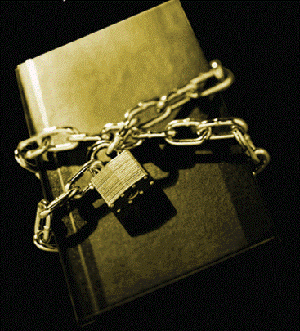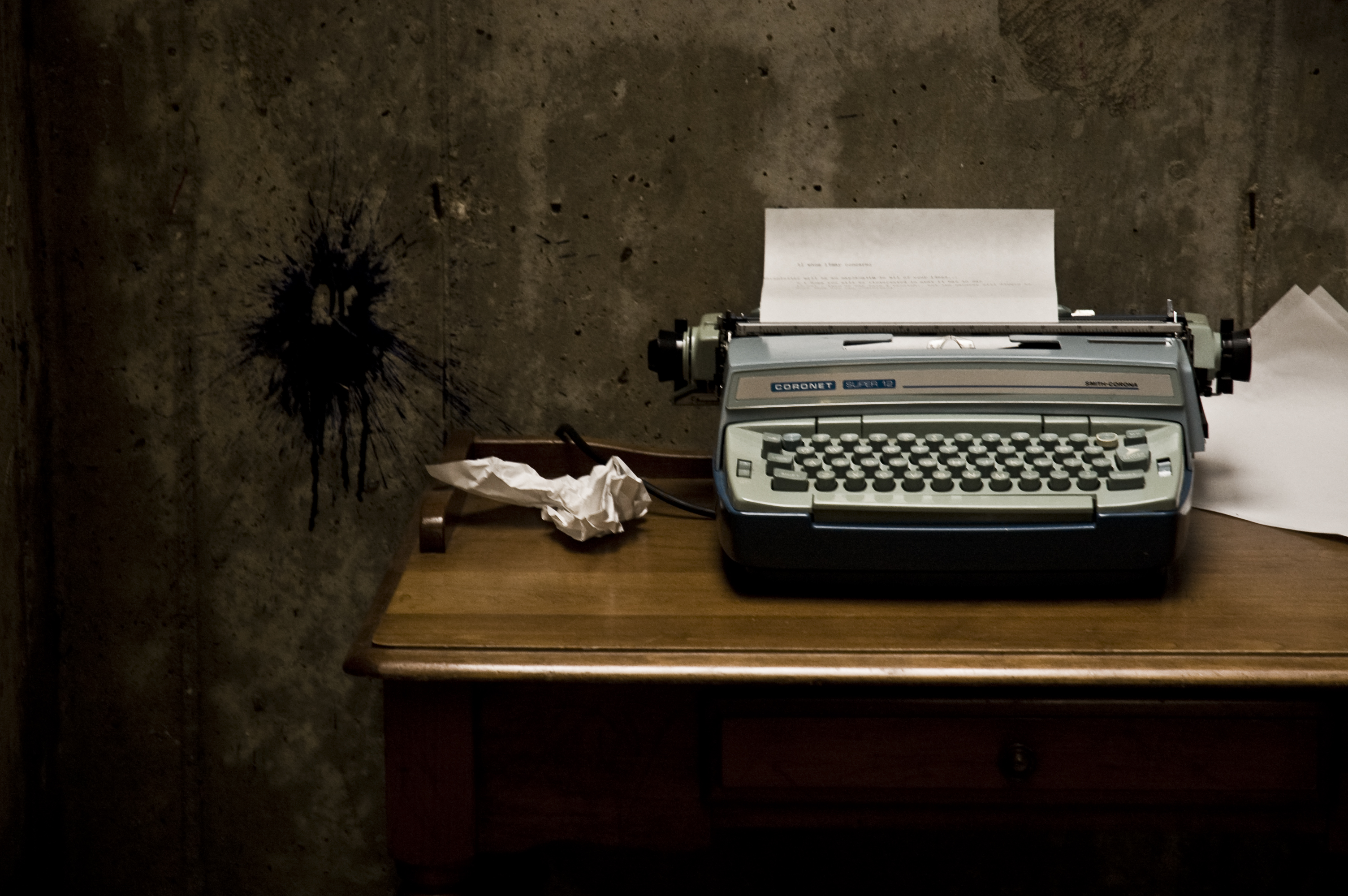The books that the world calls immoral are the books that show the world its own shame – Oscar Wilde
September is Banned Book Month.
I have to confess that I never realized just how important it was while I was in high school. I was lucky enough to attend a school where The Scarlet Letter was assigned reading along with Of Mice and Men and Lord of the Flies. My English teacher lent me a copy of Catch-22 and suggested I read it for a book report. I remember reading these books and never thinking twice about it.
I wrote a paper on censorship and never caught that many of the books on the banned list could be found in my high school library. Looking back, I appreciated it. When I was studying to be a high school English teacher, I emailed my former instructor and told him exactly how much I appreciated it. It took courage for him to teach a curriculum that he knew may come under attack.
That courage is lacking many places. I don’t fault the teachers. Especially in this economy, it is a dangerous thing to stand up when the rest of your world is telling you to sit down. Teachers have been fired for daring to teach certain books. Generally, the argument is based on racial slurs, sex, or violence. Oddly enough, high school students have been exposed to all of these things, even without the masterpieces that they were denied the pleasure of reading. In spite of school districts’ best efforts, all of these things are still a part of high school life.
Ray Bradbury wrote Fahrenheit 451 in 1953. He imagined a world that must have seemed ridiculous at the time. It was a world where firemen burned books, people spent all their time with their mind-numbing “families” and rebels committed entire books to memory. Montag was the unlikely hero, a man who suddenly realized what he had been missing.
As years have passed, I’ve become more and more frightened by Bradbury’s prophetic work.
Not long ago, the 3D television was released. Now, with the right equipment, we can be surrounded by television worlds of our choosing. Unfortunately, more and more of that television has been reduced to mind-numbing reality shows featuring dancing with D-list celebrities and people who call themselves The Situation.
In Bradbury’s world, the book burning starts with the simple tearing out of pages that each group found offensive. Recently, a university professor decided to neuter Mark Twain’s classic on racial tension in order to make it more accessible to students and less offensive to school boards.
Then, there is this quote: With school turning out more runners, jumpers, racers, tinkerers, grabbers, snatchers, fliers, and swimmers instead of examiners, critics, knowers, and imaginative creators, the word `intellectual,’ of course, became the swear word it deserved to be. You always dread the unfamiliar.
We, in fact, now live in a world where the arts are axed due to budget concerns, but every school has a football team. State universities are cutting majors, while their affiliated athletic departments are thriving businesses, generating millions. Academics has become the after-thought, the athletics the main attraction.
Recently, I was told there might be a move to remove literature from high schools.
I wonder what book I should start memorizing.
Fiction may be subjective, in many ways. It may not be as test friendly as math or science, but it is just as important. Fiction allows us to look critically at a subject from a new perspective. It allows us to examine the darkest and brightest aspects of our humanity through a different lens. Fiction is about possibilities. There was a time in this society when we were driven by possibilities. We imagined where we could go next, and what it might mean to us. I shudder to think of where we will end up without that.
Animals are content to live their lives based on survival. Being human has always been more than that. Since primitive man first drew on a wall or banged a drum, we have known there is more to this world than simple existence. Math and science are survival tools. The arts give us a reason to survive.
Literature lets us see the world as it was, through the perspective of a writer who lived it, rather than a scholar who judges it from a distance. Literature lets us see how the world could be, good and bad. A world without literature is a world without stories, without heroes. A world without heroes has nothing left for which to strive.
Do I believe every student of every age should be able to read every book? Of course not. But, I guarantee you, our children see more offensive material in movies, music, and their real lives than you are going to find in any of the books on the banned list. We aren’t trying to protect our children, we are trying to protect ourselves from the embarrassment of having to actually talk to our children. Rather than discuss important things, we would rather pretend they didn’t exist. Our children are not stupid. They deserve better than that. A generation who grows up without controversy is a generation ill-prepared for life. Real life is never afraid to offend us.
If you have a high school kid who likes to read, I encourage you to expose him to some of the books on the banned list. Read them yourself. Discuss them. Love them. Share them. Do it, before it is too late.
Jules Verne saw a world where men walked on the moon. It happened. William Gibson imagined a world were information flowed worldwide like water. It came to pass. Ray Bradbury saw a world without books ending in war. Are you going to be able to outrun the hound?
This is a link to a list of frequently challenged books. Find one you haven’t read and take it in. Devour it. Love it.
http://en.wikipedia.org/wiki/List_of_most_commonly_challenged_books_in_the_United_States


